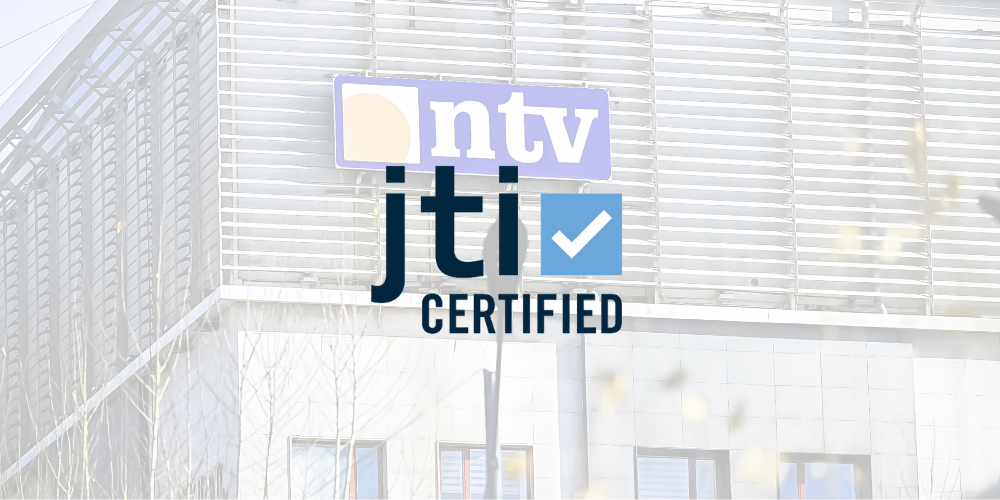Featured news

Mongolia: NTV Television as 4th news organisation to receive a JTI certification
Just months before marking its twentieth anniversary, Mongolian broadcaster NTV Television—part of Media Group LLC and a grantee of the ...

Q&A with KBR Media director Citra Dyah Prastuti
KBR Media, an Indonesian independent news outlet that focuses on social justice and democracy issues, obtained the Journalism Trust Initiative ...

Journalism Trust Initiative certification awarded to exiled Myanmar news organization Mizzima
Mizzima, one of Myanmar's most prominent news outlets and a press freedom advocate, obtained the Journalism Trust Initiative (JTI) certification ...

Journalism Trust Initiative certification awarded to Lithuanian news portal Delfi
Delfi, Lithuania’s news portal established in 2000 and with the largest share of audience nationally, obtained the Journalism Trust Initiative ...
All News

Mongolia: NTV Television as 4th news organisation to receive a JTI certification
Just months before marking its twentieth anniversary, Mongolian broadcaster NTV Television—part of Media Group LLC and a grantee of the ...

Q&A with KBR Media director Citra Dyah Prastuti
KBR Media, an Indonesian independent news outlet that focuses on social justice and democracy issues, obtained the Journalism Trust Initiative ...

Journalism Trust Initiative certification awarded to exiled Myanmar news organization Mizzima
Mizzima, one of Myanmar's most prominent news outlets and a press freedom advocate, obtained the Journalism Trust Initiative (JTI) certification ...

Journalism Trust Initiative certification awarded to Ukrainian news portal ShoTam
ShoTam, a Ukrainian ‘constructive journalism’ outlet that covers success stories, creative solutions and positive changes, obtained the Journalism Trust Initiative ...

Journalism Trust Initiative certification awarded to Lithuanian news portal Delfi
Delfi, Lithuania’s news portal established in 2000 and with the largest share of audience nationally, obtained the Journalism Trust Initiative ...

25 news outlets from Western Balkans and Turkey introduced to JTI
Reporters Without Borders (RSF) concludes a Journalism Trust Initiative Fast Track program in the Western Balkans and in Turkey, as ...


